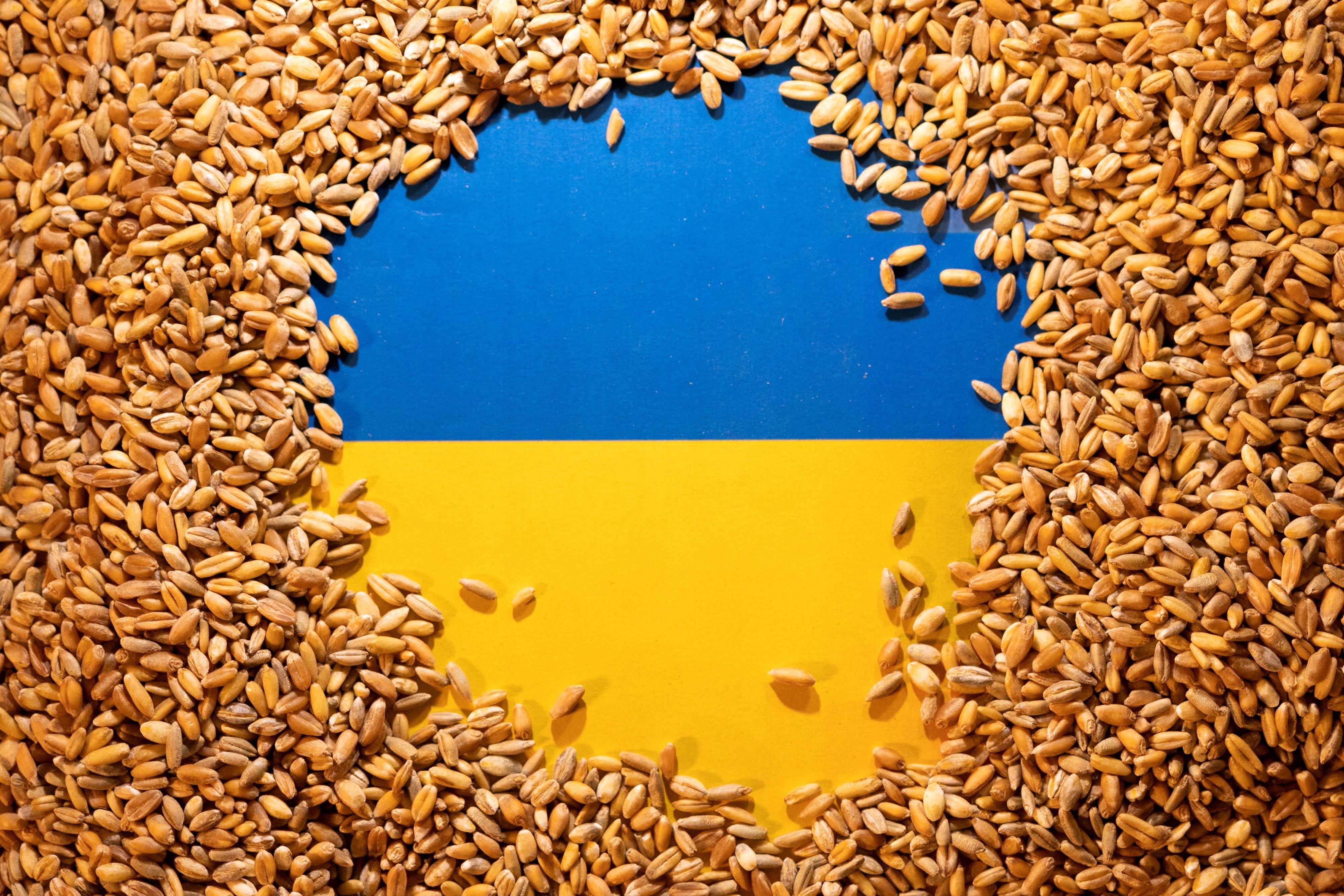Russia and Ukraine get granular, finally
The two countries at war on Wednesday agreed in principle to a UN-backed plan to resume exports of grain from Ukraine’s Black Sea ports. Before Russia’s invasion, Ukraine was one of the world’s largest exporters of wheat and cooking oils, but the war has crippled those shipments, inflaming food prices globally and undercutting food security in dozens of emerging market countries. Under the UN plan, Ukraine would clear mines from its ports, Russia would allow safe passage for grain boats, and Turkey would provide safe shipping corridors. But Kyiv is wary about Moscow using the de-mined sea lanes to launch a fresh naval offensive, and Moscow insists on the right to inspect any boats for weapons. The two sides and Turkey are set to ink an official deal next week. For complete coverage of the growing global food crisis, be sure to see our Hunger Pains project.
US fishes for friends in the Pacific
We’ve written about France and the UK
fighting over fish(ing rights) in the English Channel. But what about using fish to reel in friends? That seems to be what US Vice President Kamala Harris
tried to do this week with Pacific island leaders at a regional forum that, till now, had raised eyebrows mostly for Kiribati dropping out, allegedly at the behest of China. Via video link, Harris announced $60 million worth of American aid to help 14 Pacific countries catch more tuna. It may not sound like a lot of dough, but illegal fishing is a huge problem in this part of the world, where China's
dark fleet has been accused of depleting fish stocks. The announcement comes weeks after China first
signed a controversial security pact with the Solomon Islands that Western allies fear will allow Beijing to establish a military base there. Most Pacific countries notably
turned down China's offer to make a similar region-wide deal. The Americans, along with the Aussies and Kiwis, have long neglected the remote and sparsely populated Pacific, but fears of China gaining a foothold have lured them back into action.
